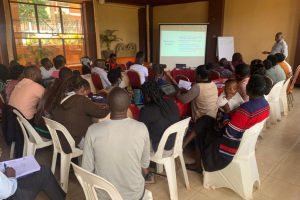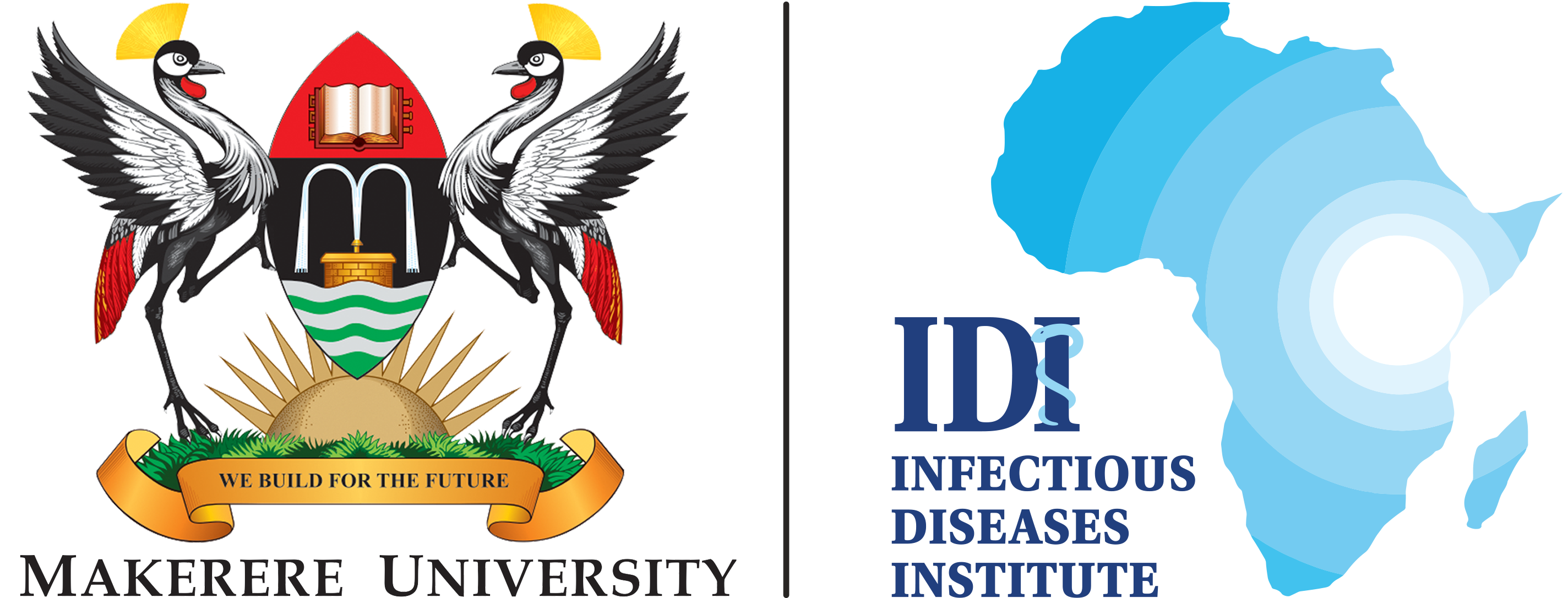- Associated Links
-
-
Our united network of partners and institutions share a vision for excellence, innovation, and impact. Together, we harness our combined strengths to create meaningful change.
-
-
- Careers
-
-
Our people are our greatest asset. We foster a thriving environment where everyone can flourish and make a difference. Join us in driving innovation and positive change through fulfilling career opportunities.
-
-
- Contact Us
-
-
As a leading national health organisation with regional influence, we are committed to improving healthcare in Africa. Connect with us to explore partnerships, discover our work, and together create a healthier future.
-
-

On October 9, 2022, Kampala city declared its first Ebola Virus Disease (EVD) case, a spill over from the country’s epicentre in Mubende district. This was followed by second case involving a pregnant woman who was about to give birth. All of the following patients were identified as suspects at the facility level when health care staff came into contact with the cases with zero suspicion and awareness of what they were dealing with, as this was the first EVD outbreak in the city.
For this, Kampala Metropolitan Area with support from IDI looked at strengthening facility-based surveillance and improving the index of suspicion for EVD. To achieve this, IDI utilized existing echo-zoom/online platforms and conducted virtual training sessions for facilities, following the cluster model and district surveillance officers’ approach. Kampala’s divisions were organized into clusters to streamline health service delivery, each comprising a clinician, a laboratory personnel, and surveillance officers. These clusters played a crucial role in disseminating training to the respective facilities.
 IDI supported the training of facility health care workers (In-charges, facility leaders, and surveillance focal persons) on surveillance and case identification physically covering Mukono, Wakiso and the five division of Kampala.
IDI supported the training of facility health care workers (In-charges, facility leaders, and surveillance focal persons) on surveillance and case identification physically covering Mukono, Wakiso and the five division of Kampala.
In the beginning, the majority of alerts for EVD cases in the Kampala Metropolitan Area (KMA) originated from the community. Nonetheless, by implementing facility-based trainings and actively searching for cases, the percentage of alerts coming from facilities rose to 72%. This increase was a result of heightened awareness and suspicion of the virus among healthcare professionals, contributing significantly to the successful response at that level.
Through its dedicated efforts, the project has significantly bolstered Uganda’s health security systems, enabling the effective preparation for and response to acute public health events.
By averting the negative impact of such events on people’s health and socio-economic livelihoods, this transformative initiative showcases the proactive measures in safeguarding communities and ensuring a healthier, more resilient future for all.
The Strengthening Partnerships for Preparedness and Response in Uganda Project, operating under the Global Health Security program at IDI is generously supported by funding from the US Centers for Disease Control and Prevention.

